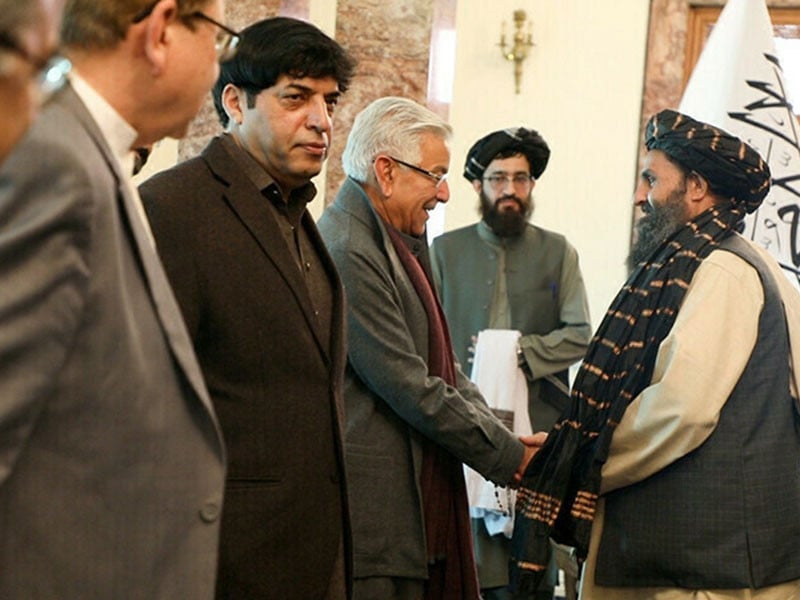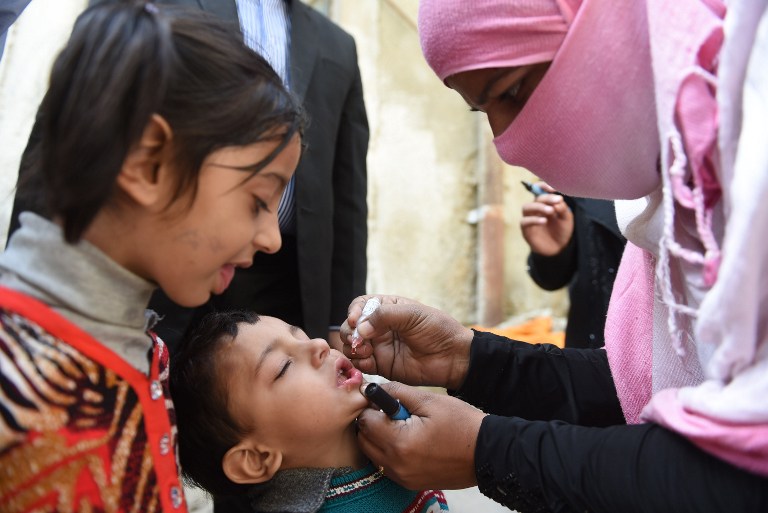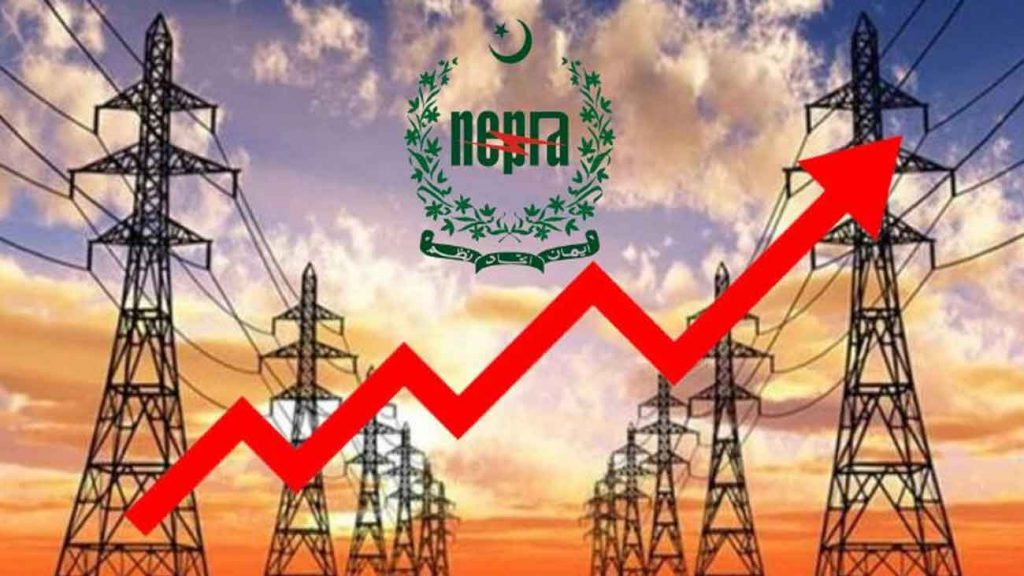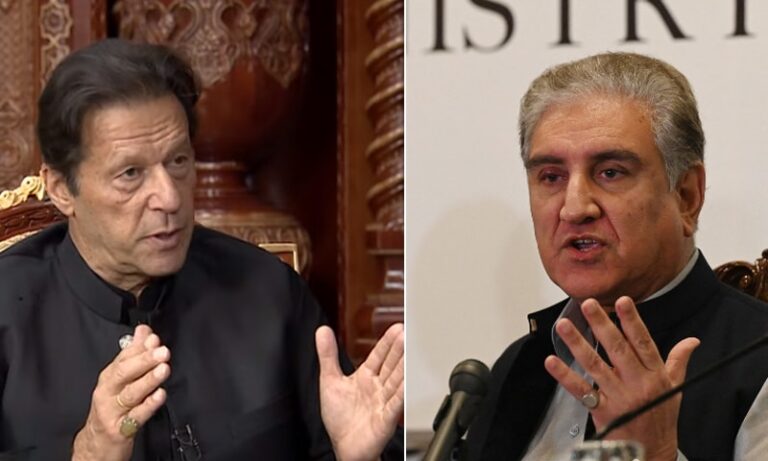EDITORIAL
All humans are all entitled to human rights. These comprise the right to live, free from violence and discrimination, enjoy the loftiest achievable physical and mental health standards, be educated, hold property, vote, and earn an equivalent wage. But across the planet, many women and girls still face discrimination based on sex and gender. Gender inequality underpins numerous problems which disproportionately affect women and girls, such as domestic and sexual violence, lower pay, lack of access to education, and inadequate healthcare.
The Constitution stipulated that “there shall be no discrimination based on sex alone.” The Constitution additionally affords the protection of marriage, family, the mother and the child and ensures the “full participation of women in all spheres of national life.”
What is national life? The relationship between a citizen and the state determines national life. It includes a citizen’s social, political, and legal rights and obligations through a social contract with the state. Citizenship defines the relationship between an individual and a state to which the individual owes allegiance to the state. And, in turn, is entitled to its protection and rights. Citizenship implies the status of freedom with accompanying responsibilities. Citizens have certain rights, duties, and responsibilities that are denied or only partially extended to aliens and non-citizens residing in a country. Full political and economic rights, including voting and holding public office, are predicated upon citizenship. The usual responsibilities of citizenship are allegiance, taxation, and military service. Hence, the Constitution of Pakistan provides a complete code of national life for women. Consequently, there shall be no difference between men and women in terms of legal, political and administrative rights. https://republicpolicy.com/resolutions-for-the-international-day-for-the-elimination-of-violence-against-women/
Constitutional Provisions Regarding Fundamental Rights
The Islamic Republic of Pakistan’s Constitution provides equal rights, and the chapter on Principles of Policy underlines the principle of equal rights and equal treatment to all citizens/ persons without any distinction, including based on sex.
The following articles of the Constitution of the Islamic Republic of Pakistan broadly cover women’s rights:
- Article 3 calls upon the state to eliminate all forms of exploitation.
- Article 4 provides for the right of an individual to enjoy the protection of the law and to be treated under the law. This applies to the citizens and “to every other person for the time being within Pakistan” without distinction. This article also clearly states that state organizations cannot suspend certain rights.
- Article 25 ensures equality before the law and equal protection of the law and states that there shall be no discrimination based on sex alone.
- Articles 25(3) and 26(2) allow the state to make special provisions to protect women and children.
- Articles 26 & 27 provide equal access to public places and employment equality in the public and private sectors.
- Articles 11 & 37 (g) prohibit trafficking in human beings and prostitution.
- Article 32 makes special provisions for the representation of women in local Government.
- Article 34 directs the state to take appropriate measures to enable women to participate in all spheres of life and social activities.
- Article 35 asks the state to protect the marriage, the family, the mother and the child.
- Article 37 (e) directs the state to make provisions for securing just and humane conditions of work, ensuring that children and women are not employed in vocations unsuited to their age or sex, and ensuring maternity benefits for women in employment.
- Articles 51 & 106 provide for the reservation of seats for women in the legislatures.
The Constitutional protections provide subsequent legislation, delegated legislation and implementing administrative mechanisms.
Laws which safeguard the rights and protection of women
- The Domestic Violence (Prevention and Protection) Bill (2009)
- The Acid Control and Acid Crime Prevention Act (2010)
- The Protection Against Harassment of Women in the Workplace Act (2010)
- The Criminal Law (Amendment) Act (2010)
- The Prevention of Anti-Women Practices Act (2011)
- The Women in Distress and Detention Fund (2011)
- The Criminal Law (Amendment) Act (targeted at preventing acid-related crimes) (2011)
- The Domestic Violence Prevention and Protection Bill (2012)
- The National Commission on the Status of Women Act (2012)
- The National Commission for Human Rights Act (2012)
- Transgender Persons (Protection of Rights) Act, 2018
- The Dowry and Bridal Gifts Act
- The Women, Violence and Jirgas Act
- Marriage in the Quran
- Women Agriculture Bill 2019
- Sindh Women Agriculture Workers Act (SWAWA) of 2019 passed in 2021
Family laws
- The Dissolution of Muslim Marriage Act (1939, amended in 1961)
- The Muslim Family Laws Ordinance (1961)
- Hindu marriage laws in Pakistan
Marriageable age and divorce
Divorce in Pakistan is mainly regulated by the Dissolution of Muslim Marriage Act (1939, amended in 1961) and the Family Courts Act (1964). The Child Marriage Restraint Act or CMRA (1929) set the marriageable age for women at 16; in the province of Sindh, as per the Sindh Child Marriage Restraint Act, it is 18.
Inheritance
Under British rule, the Married Women’s Property Act (1874) was in force, which primarily defined issues related to pre-marriage and post-marriage assets, liability and insurance. The Muslim Personal Law (Shariat) Application Act (1937) and its successor, the Muslim Personal Law (Shariat) Application Act (1961), provide Muslim women with inheritance rights; they received half of the amount assigned to sons, raised to two-thirds if there were no sons, and further complex calculations settled the remainder per sectarian principles. While this right to inheritance existed on paper, customarily, it was not observed in fact, so the Government of Pakistan enacted strong provisions in sections 498 A and 498 C of the Prevention of Anti-Women Practices (Criminal Law Amendment) Act (2011) to secure women received their proper inheritance.
As a signatory of the Convention on the Elimination of All Forms of Discrimination Against Women (CEDAW), Pakistan is expected to progress towards eliminating property discrimination and recognizing the equality of citizens as a fundamental right. Hence, property rights are the fundamental rights of women.https://republicpolicy.com/do-you-know-your-fundamental-rights/
The women in Pakistan face cultural abuses in the forms of so many customs such as Vani, wata Satta, dowry and compensations. Then, physical abuses such as rape, sexual harassment and forced marriages are also in place. There is also violence in the form of honour killing, acid attacks, infanticide and ambushes. There also remain grave challenges in education, health, employment and business development regimes. Although constitutional and legal guarantees are available for political and national life, the participation of ordinary women is lagging.
Like always, women belonging to the elite may have their rights, but the women of the middle and lower classes are being marginalized for both being women and being weak. Then, there are cultural issues in the different classes as well. The rights are projected differently. Different classes see rights from the prism of cultural identity and way of life. However, despite all variances, there is no doubt that women, as human beings, are denied all forms of rights in Pakistan. There are judicial, legislative and administrative remedies available to implement rights. However, state organizations cannot ensure and enforce not only the rights of women but also those of ordinary people. The whole system is suffering from capacity crises. The system supports elite segments of society. Judicial, executive and administrative offices, alongside social institutions, lack the intent, capacity and execution to enforce women’s rights. Therefore, the enforceability of women’s rights is directly proportionate to the reformation of social and organizational systems. Thus, Pakistan require a social and administrative renaissance to implement the rights of women and subsequently develop the status of women. https://republicpolicy.com/explaining-article-3-of-the-constitution-who-will-eliminate-exploitation/

















































